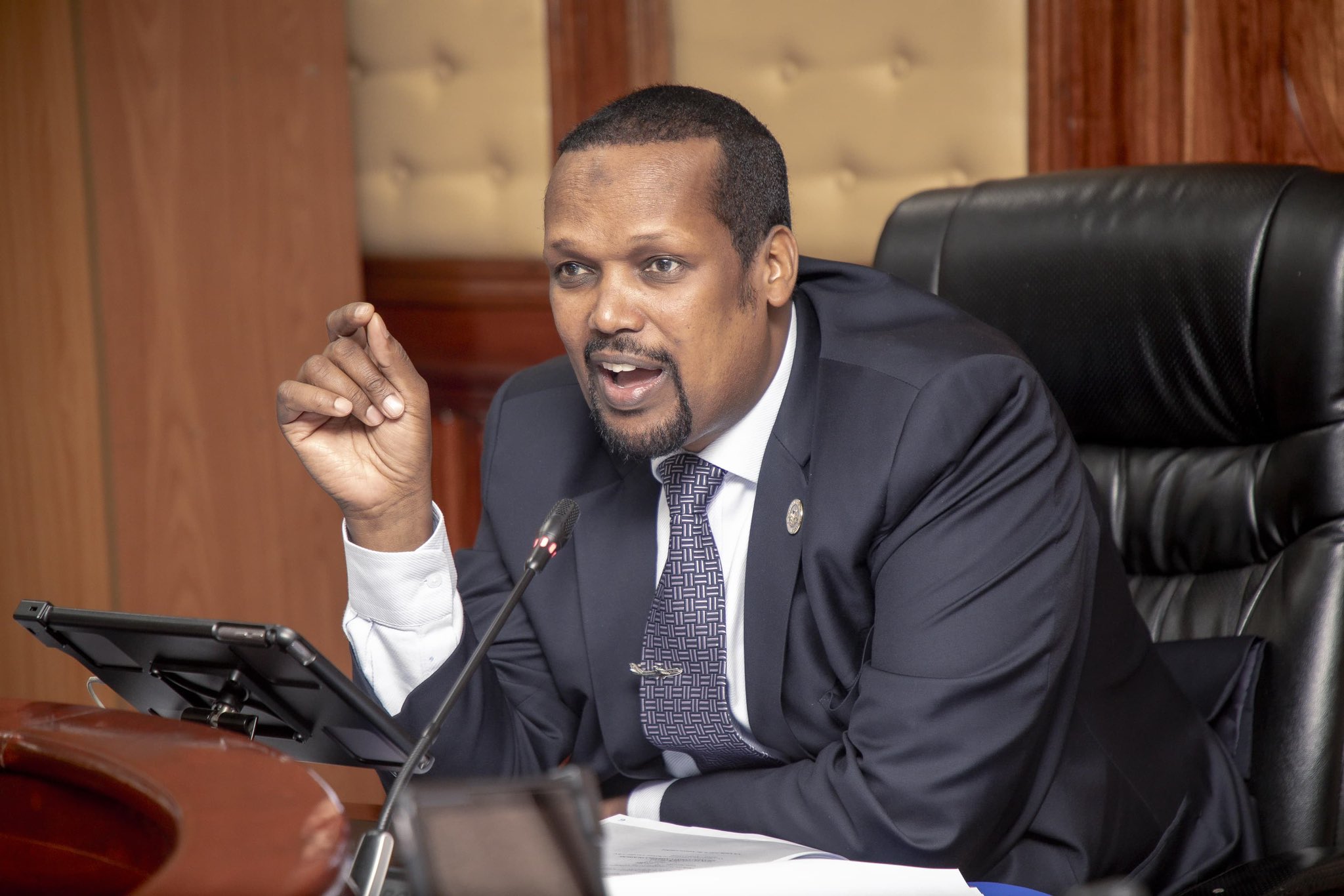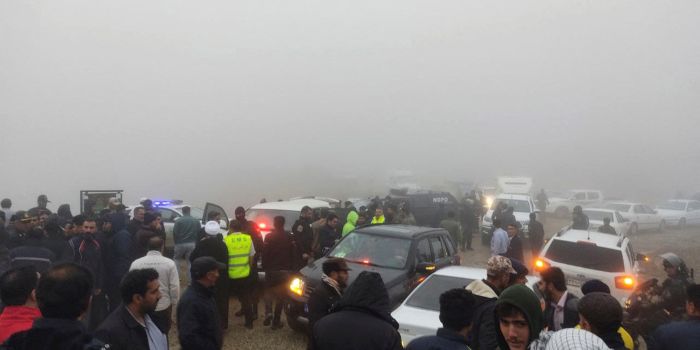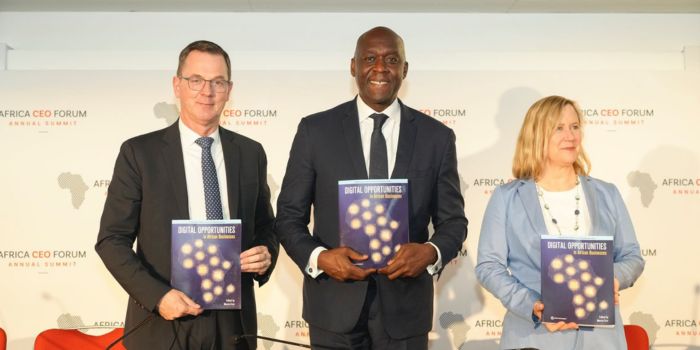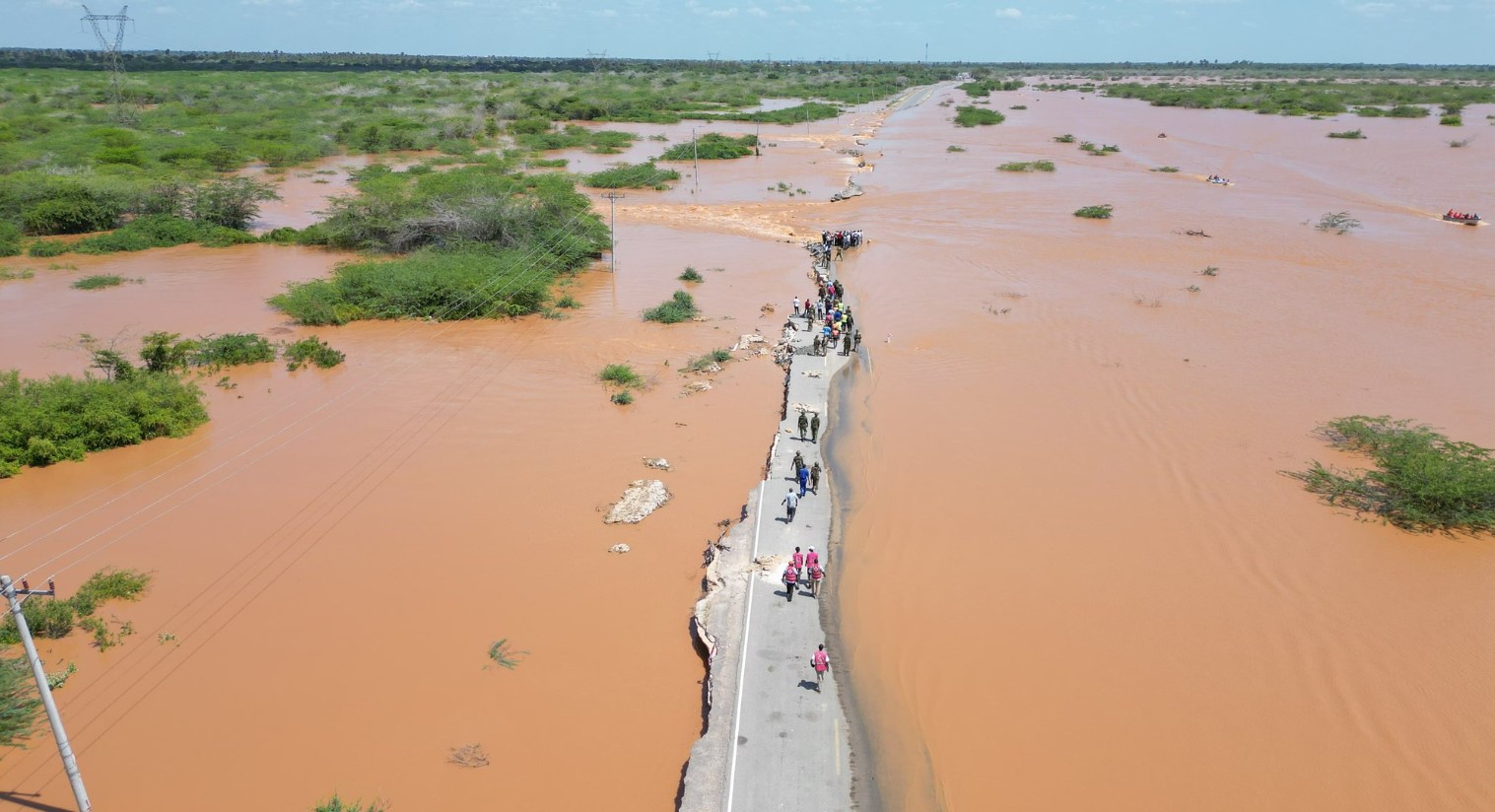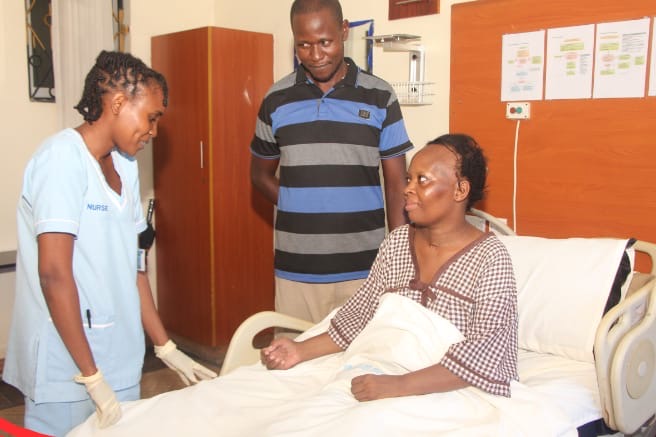State, Dutch gov't launch Sh2.5bn climate resilience project in three ASAL counties
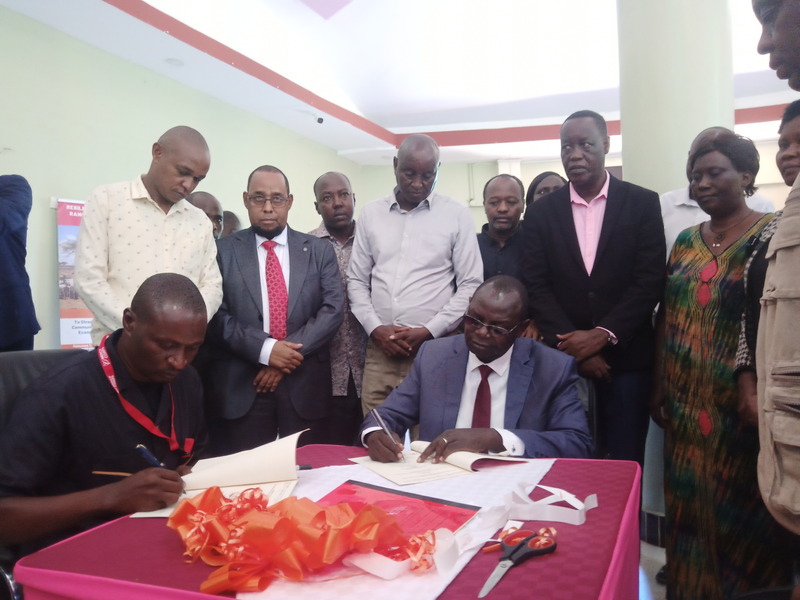
The project also has a research component, whose knowledge will guide and inform the project implementation and promote innovation and learning for the communities.
Isiolo, Samburu and Marsabit counties are set to benefit from a Sh2.5 billion five-year project aimed at strengthening the resilience of pastoralist communities through improved rangeland management for increased food, nutrition and water security.
The Resilient Approaches in Natural Rangeland Ecosystem (Range) program is being undertaken through a partnership between the Dutch government and Kenya's Ministry of East African Community, ASALs and Regional Development.
Related Stories
The three counties, which are both arid and semi-arid, suffer the vagaries of climate change which causes drought and floods, threatening pastoralism which is the region's main economic stay and consequently impoverishing local communities.
The recurrent catastrophes have continually adversely impacted food and nutrition resulting in a high malnutrition rate, livestock diseases and resource-based conflicts during drought compounding their woes.
Deputy Ambassador of Netherlands to Kenya Joris Van Bommel said the project will build the communities' resilience to climatic shocks and offer multiple economic opportunities for investment and collaboration between the counties on economic and environmental issues.
"The main focus is on climate adaptation, enhanced food security and integrated water system for sustainable development in the region," the envoy said during the launch of the program in Isiolo.
The project is being implemented by a Consortium of Mercy Corps as the lead agent, Frontier Counties Development Council (FCDC) and the Faculty of Geo-Information Science and Earth Observation (ITC) of the Netherlands based, University of Twente.
Executive Director for Mercy Corps Europe Harpinder Collacott said the program embraces a multidimensional approach to tackling the myriad of challenges that communities in the three counties face.
Harpinder, who was accompanied by the organisation's Country Director Nelson Owange, said with drought and floods having threatened livelihoods and the region's food security, there was a need to build the communities' resilience to enable them to thrive in challenging circumstances.
"The counties are among those hit hard by climate change. This intervention will provide them with mechanisms to adapt to changing weather patterns and promote sustainable grazing patterns for increased livestock productivity," she said.
 Executive Director for Mercy Corps Europe Harpinder Collacott addresses participants during the launch of the Sh2.5 billion Range program in Isiolo on May 7, 2024. (Photo: Waweru Wairimu)
Executive Director for Mercy Corps Europe Harpinder Collacott addresses participants during the launch of the Sh2.5 billion Range program in Isiolo on May 7, 2024. (Photo: Waweru Wairimu)Isiolo Governor Abdi Ibrahim Guyo stressed the need for the rehabilitation of rangelands, improved water access and biodiversity conservation to secure pastoralists' livelihoods.
He said building the communities' resilience would not only enable them to overcome 'storm' but also ensure they thrive in the wake of climatic shocks.
"There is a need to invest in climate-smart agriculture and other best practices to enable our communities to adapt to the ever-changing climatic patterns," Guyo said in a speech read by his deputy James Lowasa.
Lowasa said sustainable grazing patterns and increased water access would reduce resource-based conflicts and insecurity cases as communities will be able to diversify their livelihoods.
He appealed for an extension of the program beyond the four wards of Burat, Kinna, Ngaremara and Chari to cover the Cherab ward which he said was also experiencing similar challenges.
Marsabit Deputy Governor Solomon Gubo said pastoralists must commercialise livestock keeping for increased income and to evade losses when calamities occur.
"The losses our people have incurred in the past are because of laxity in disposing of some of the animals while in good body condition and keeping fewer and manageable ones. We must embrace change for the project to achieve its intended purpose," he said.
Following massive loss of livestock which either die from emaciation or are swept away by floods, he said, pastoralists were resorting to felling trees for charcoal burning, causing further devastation to the environment.
The project also has a research component, whose knowledge will guide and inform the project implementation and promote innovation and learning for the communities.
Samburu County Secretary Wilson Lesuuda who represented Governor Lati Lelelit said the county government will offer requisite support to make the project a success.
"We will offer any required support to ensure our people fully benefit from the project for improved livelihoods," he said.
Owange said the project will benefit more than 500, 000 people in the three counties.
Top Topics This Week
Dawoodi Bohras
Syedna Mufaddal Saifuddin
Bohra community
Rafah
rafah airstrikes
rafah conflict
israel attacks rafah
rafah invasion
israel operation in rafah
rafah attacks
DR Congo
DRC conflict
President Felix Tshisekedi
DRC army
DRC soldier killed
DRC violence
DRC rebels
DRC President Felix Tshisekedi
DRC attacks
Pharmacy and Poisons Board
Trending
EGYPT-UN-PALESTINIAN-ISRAEL-CONFLICT-BORDER-AID
Dennis Tarus
|
6 months ago

Thousands of Dawoodi Bohras gather in Mombasa for week-long spiritual celebrations
Lucy Mumbi
|
10 hours ago
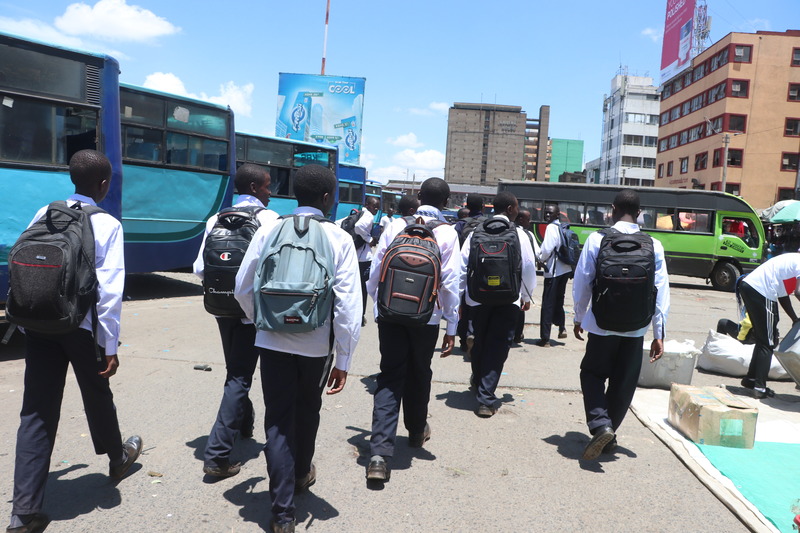
Learners affected by floods to be admitted to neighbouring schools -Ministry
Bashir Mohammed
|
1 day ago
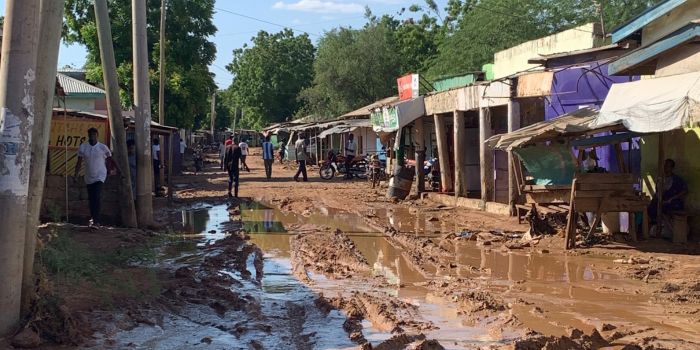
Garissa residents start to rebuild after floods
Issa Hussein
|
6 hours ago

